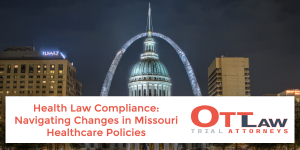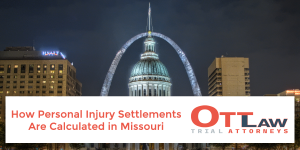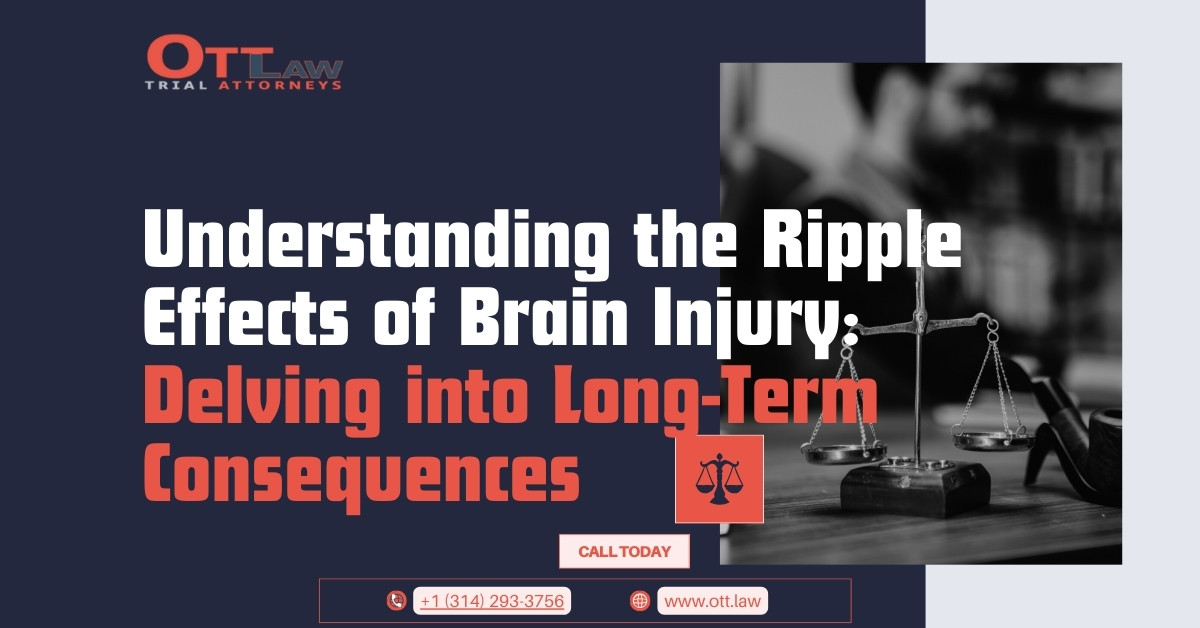Brain injuries, though microscopic at times, can reverberate into a symphony of consequences, some immediate and some latent. These effects aren’t limited to just the injured individual but ripple through their families and communities.
1. What is Traumatic Brain Injury (TBI)?
Traumatic brain injury (TBI) refers to damage caused to the brain, often as a result of a blunt force or trauma. The spectrum of injuries can range from minor, causing negligible disruptions, to severe, leading to permanent disabilities or even death. Even minor brain injuries can lead to structural damage to axons, which are akin to the communication cables of the brain.
2. The Wider Impacts on Families:
It’s imperative to acknowledge the extensive impacts these injuries have on the families of the affected individuals. The long-term ramifications can be overwhelming:
- Emotional Toll: Families often grapple with understanding and accepting the altered behavior of their loved ones. For instance, seemingly ordinary tasks, like grocery shopping, can become daunting when accompanying an adult TBI patient exhibiting childlike behavior.
- Physical Strain: As TBI patients require intensive care, the physical strain on caregivers can be substantial, leading to injuries or health issues of their own.
- Psychological Challenges: The unpredictability and changes in behavior, such as impulsiveness or aggression, can lead to embarrassment, social isolation, and a continuous psychological strain on families.
3. Broader Health Implications:
Research has shown that TBI patients are at a heightened risk of developing various health conditions including:
- Neurological Disorders: This includes dementia, Alzheimer’s disease, Parkinson’s disease, and multiple sclerosis.
- Mental Health Issues: TBI patients have an increased vulnerability to depression, schizophrenia, and other psychological disorders.
- Seizures: Unprovoked seizures can even occur years post-injury.
- Reduced Life Expectancy: Life expectancy can be significantly diminished, accompanied by an elevated risk of suicide.
4. Ensuring Proper Care and Understanding:
It’s paramount for legal professionals, healthcare providers, and the broader community to comprehend the depth and breadth of challenges TBI survivors face. This understanding is crucial not only for the provision of adequate care and resources but also for empathy, acceptance, and support.
For individuals and families grappling with the aftermath of a TBI, securing a supportive network is essential. To better comprehend the legal aspects and potential assistance available, please reach out to us directly here or via email at joe@ott.law. Alternatively, visit us at 3544 Oxford Ave, Maplewood, MO 63143, United States.














